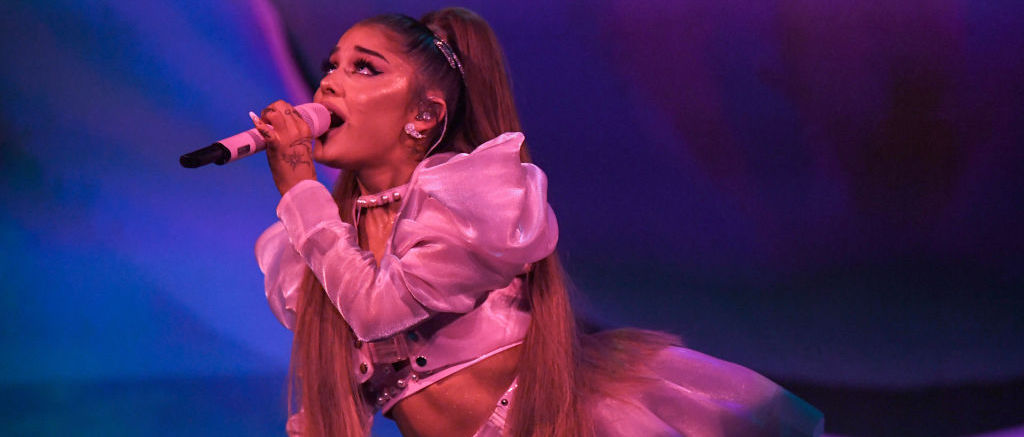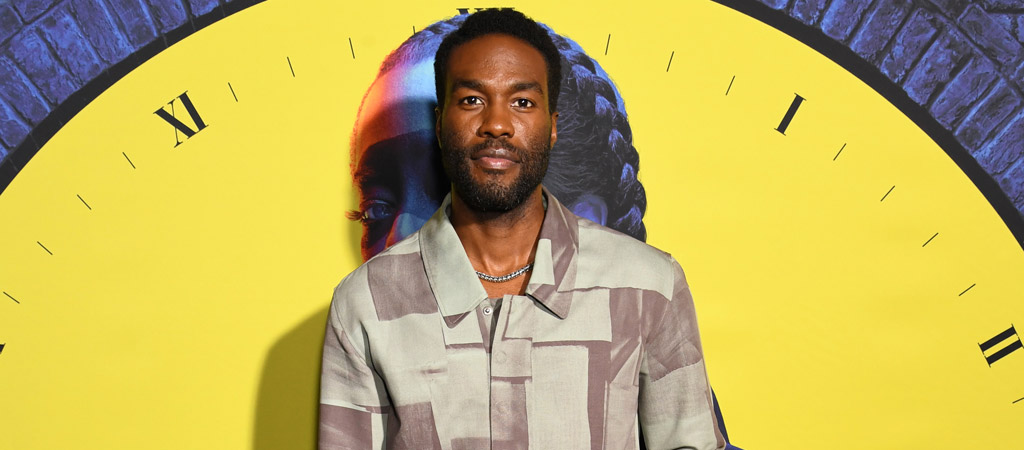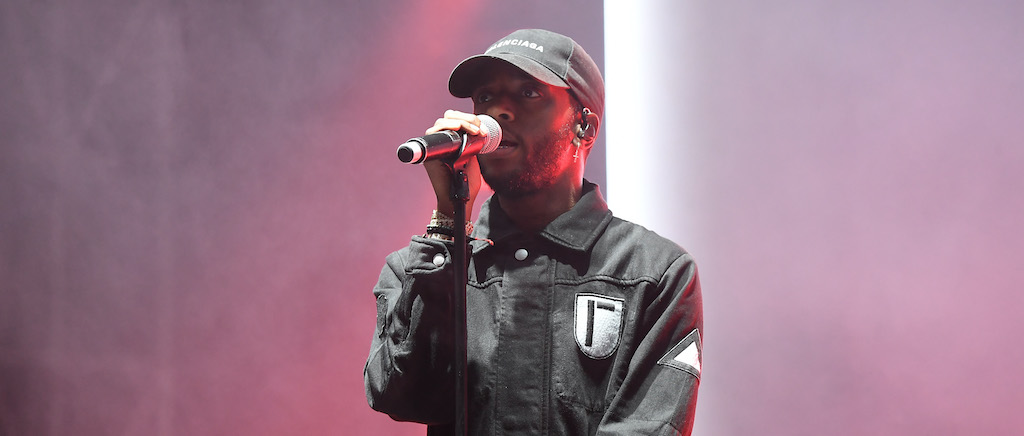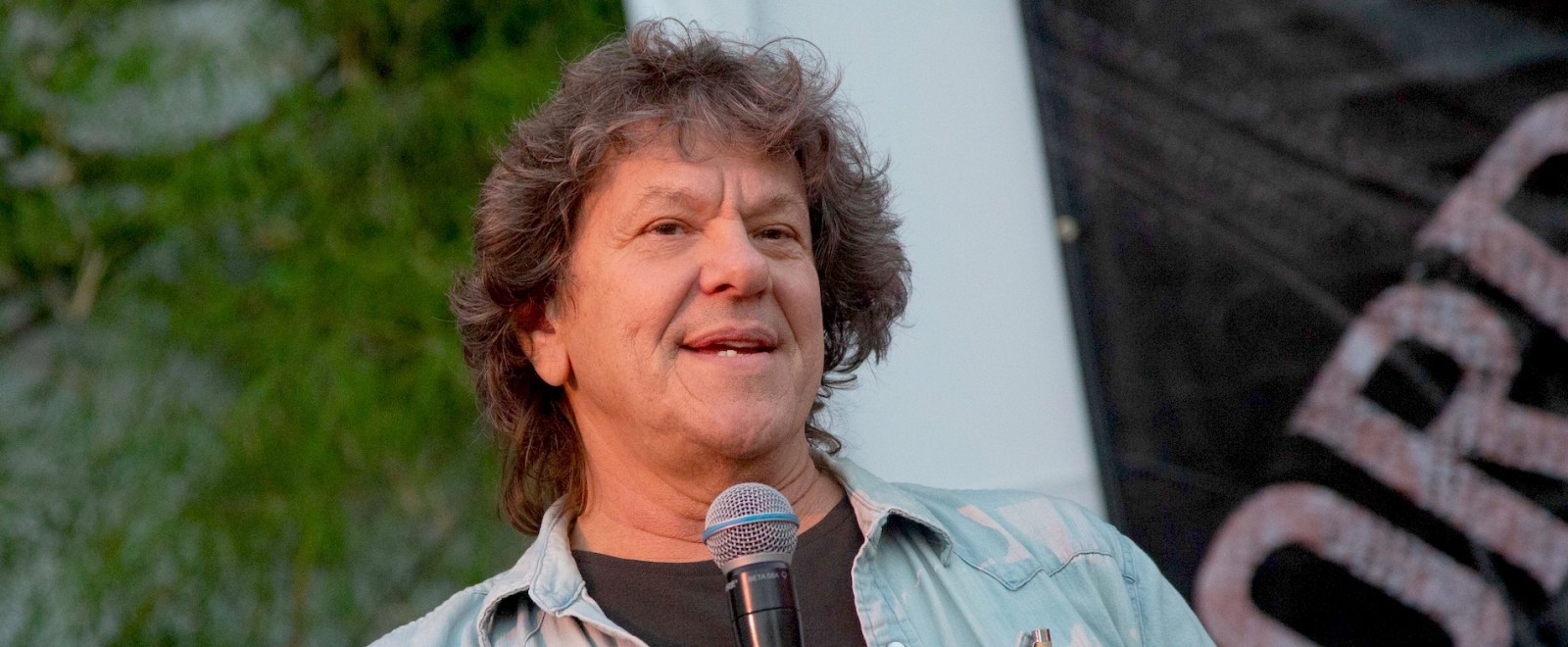
In early 2019, Ariana Grande teamed up with Starbucks for her own drink. Lately, though, there have been rumors that the relationship between the pop star and the coffee chain has soured. Starbucks recently prohibited employees from wearing Black Lives Matter clothing (a stance they later eased up on), after which people noticed Grande doesn’t follow the brand on Instagram.
Whatever the case may be, at the very least, Grande is trying out different coffee destinations. She has been shopping around in recent days: Earlier this week, she enjoyed a drink from the wizard-themed Nimbus Coffee. She also swung by South LA Cafe for an iced drink and shared a photo from her visit on her Instagram Story (as she did during her Nimbus stop). Both of those businesses are Black-owned, and South LA Cafe reported a huge increase in business following the Grande co-sign.
Looks like Ariana Grande dropped Starbucks for a black owned coffee shop named “Nimbus Coffee” located in California, Los Angeles.
pic.twitter.com/lBOGHPNlfc
— Ariana Now (@ArianaNow) June 15, 2020
South La Cafe, a Black-owned coffee shop, reveal they had “150 customers in 29 minutes” after @ArianaGrande shared their store on Instagram:
“We’ve been fortunate to win her over from Starbucks – This is an example of people with influence and privilege forwarding the movement.” pic.twitter.com/0VOt2GJMrq
— Pop Crave (@PopCrave) June 18, 2020
South LA wrote on Instagram, “Did y’all know that @arianagrande stands with the Movement for Black Lives and Black-Owned businesses like @southlacafe? We’ve been fortunate to win her over from Starbucks this past week, as well as her incredible #arianators. (Click the first pic) They showed up in full force for today’s live of the South LA Grocery Giveaway, sending big love for our mission. This is an example of people with influence and privilege using it to forward the movement. We welcome the support and are grateful to be recognized for our impact and community leadership.”
The post also notes that they served 150 people in 29 minutes following Grande bringing increased attention to their establishment, which they say is “one for the record books.”
Grande hasn’t made a public comment about her relationship with Starbucks, but as they say, money talks.







